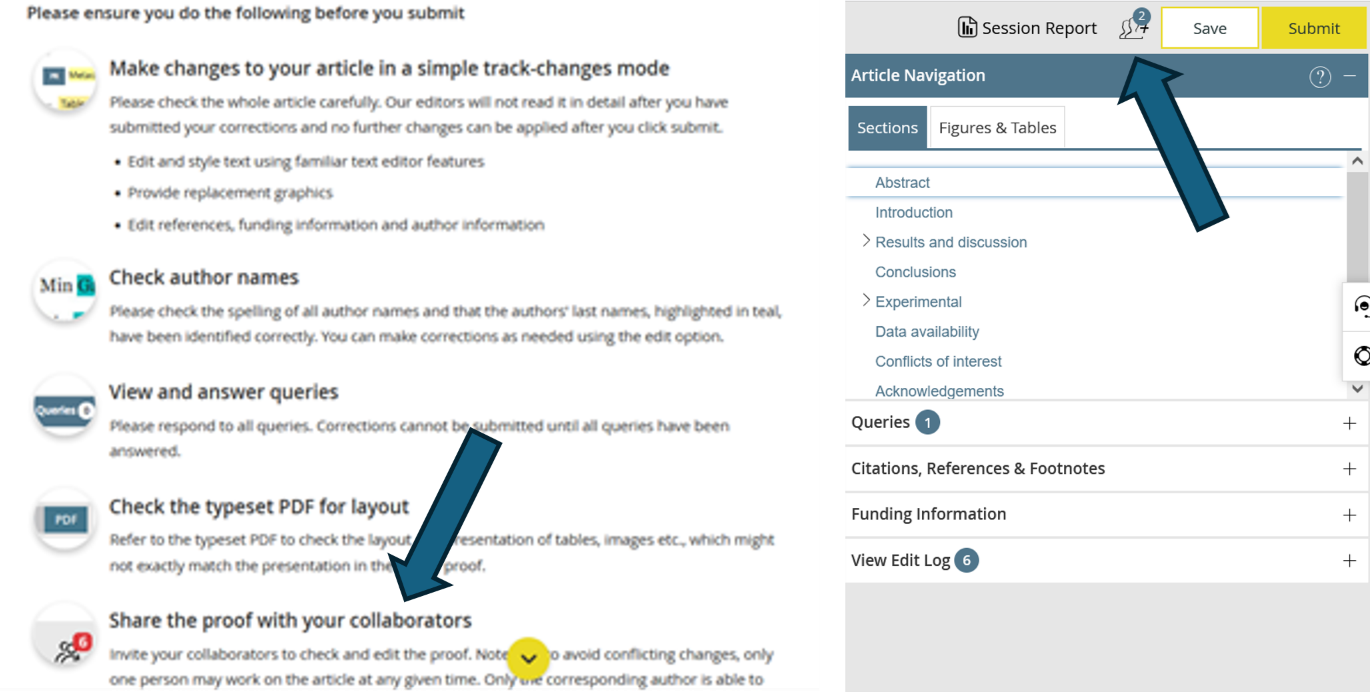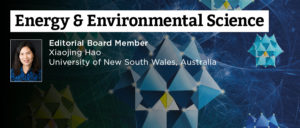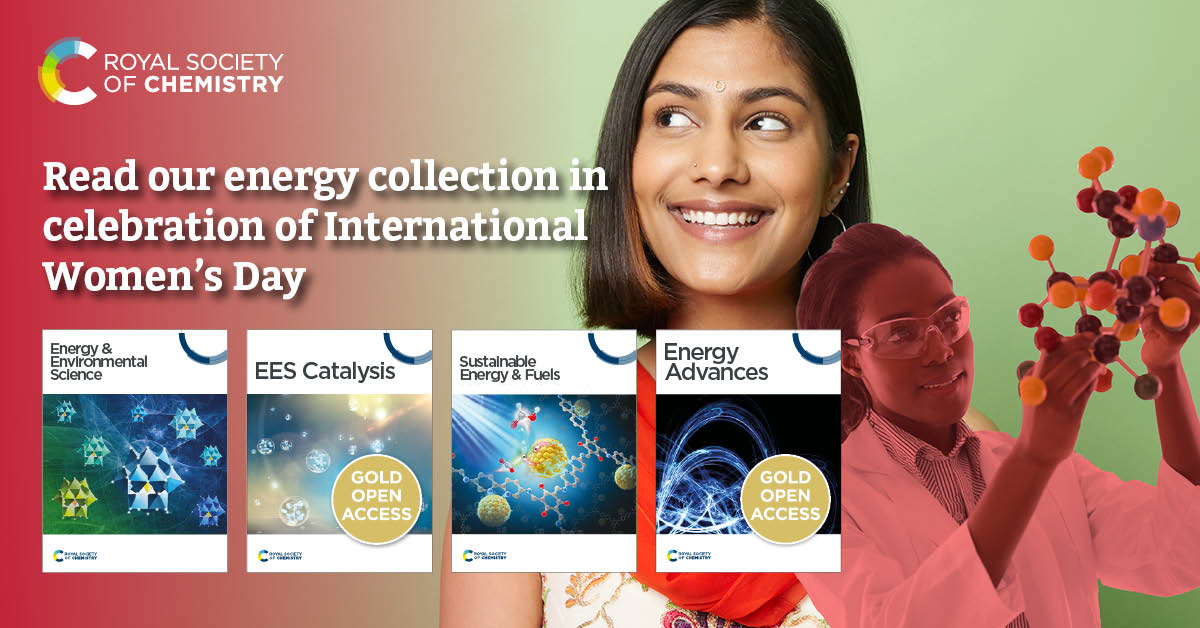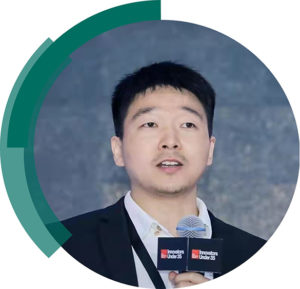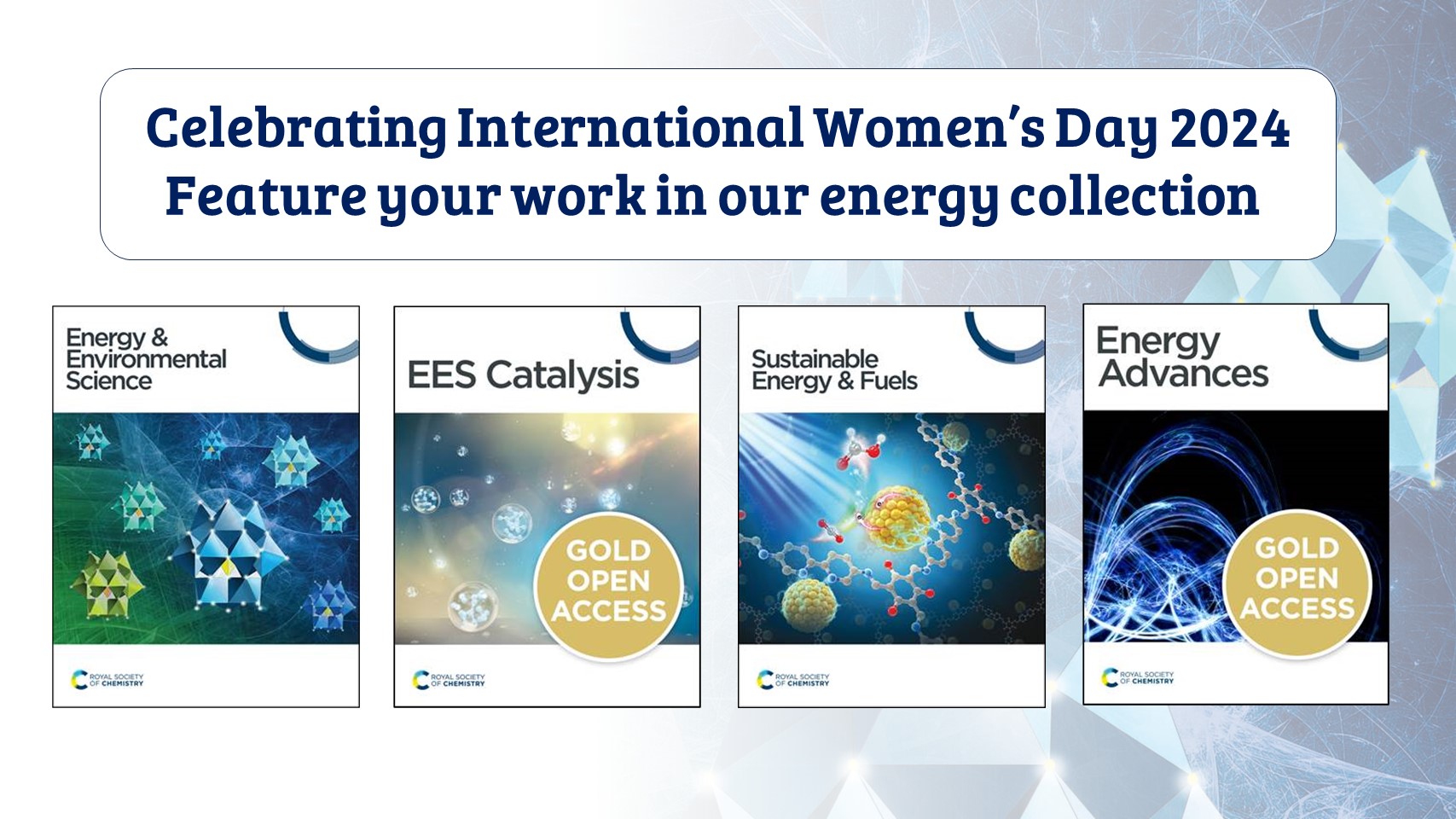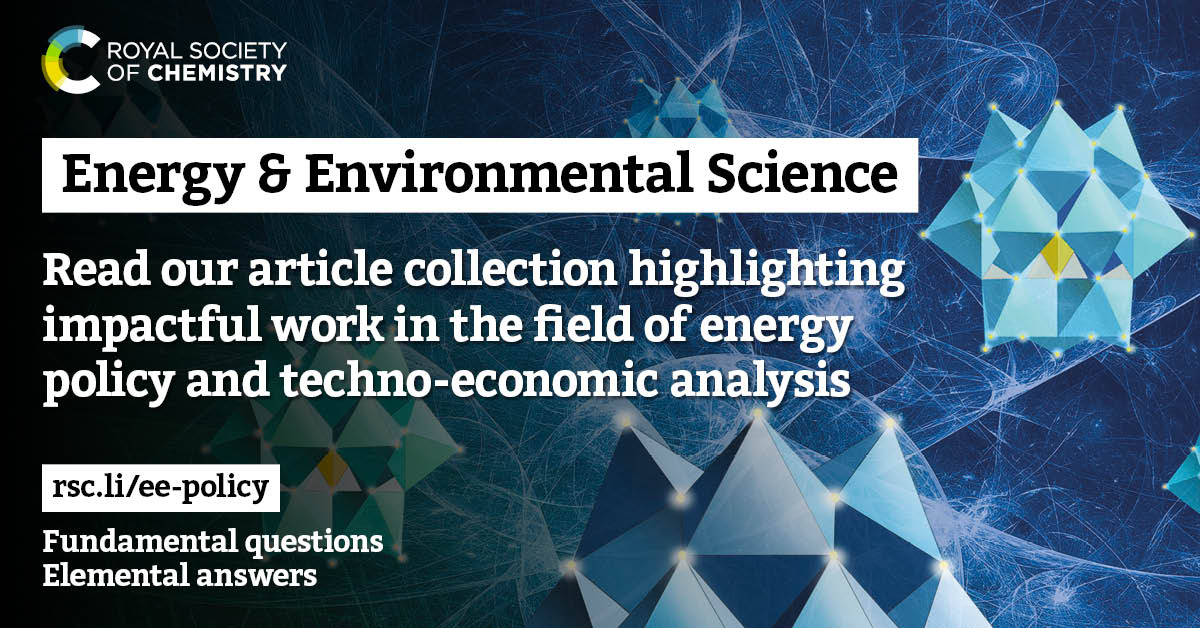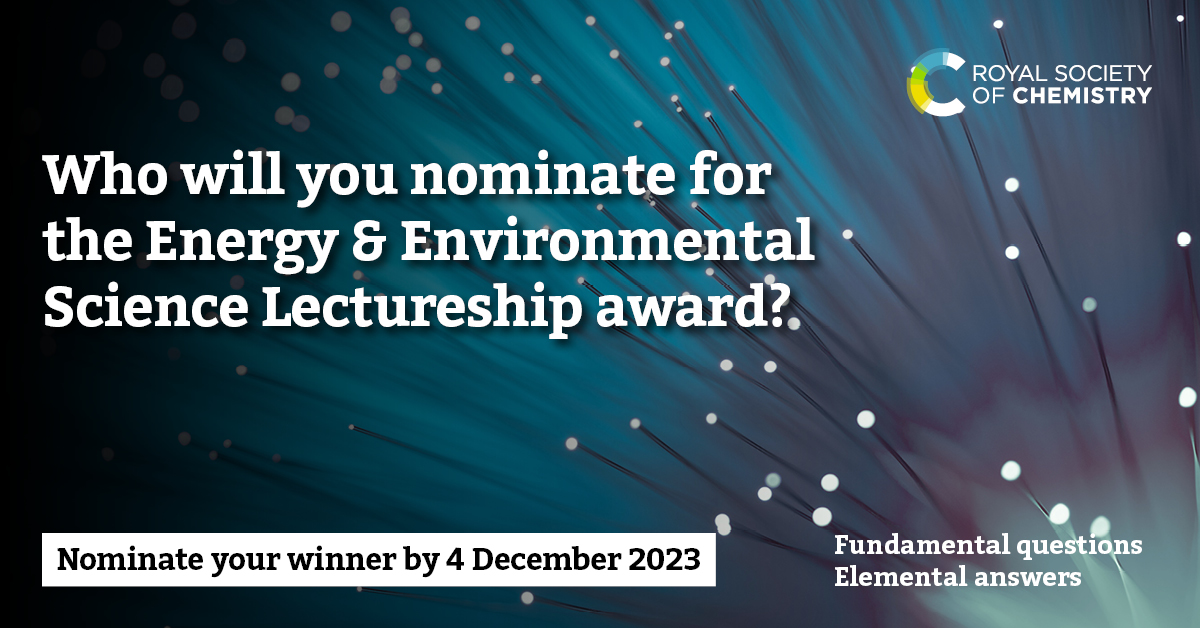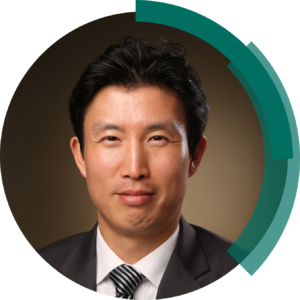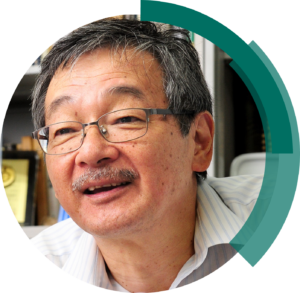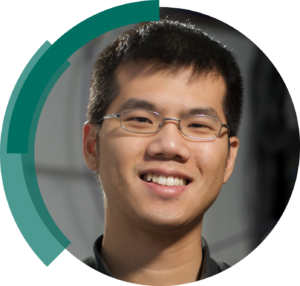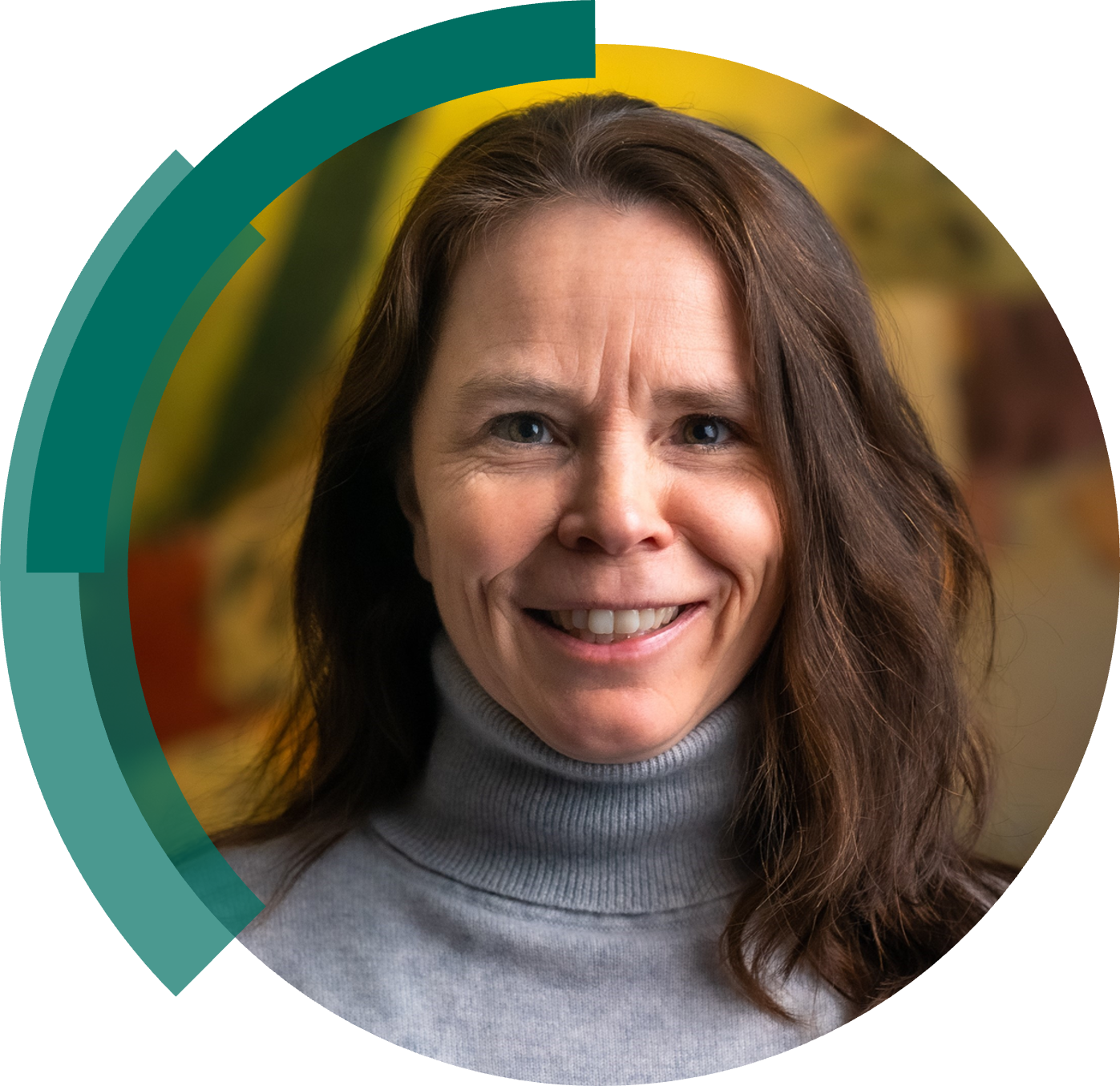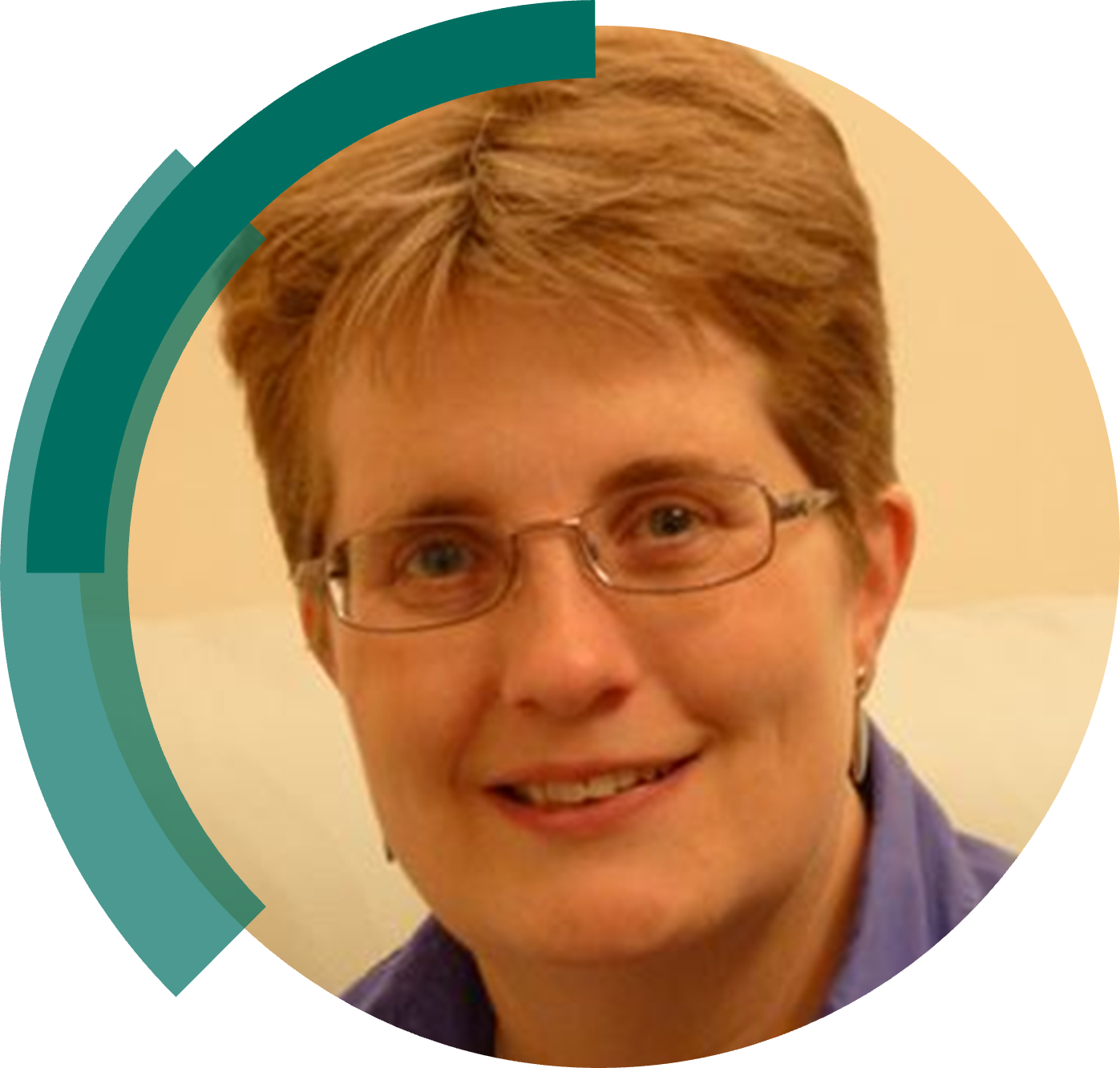Here at the Royal Society of Chemistry, we want to make the publishing experience as an author as easy and transparent as possible. We’re therefore delighted to introduce two great new features for you when publishing with us: concurrent editing and transparent peer review!
Concurrent editing and Transparent Peer Review are both available on Energy & Environmental Science, Sustainable Energy & Fuels and Energy Advances.
Concurrent Editing
Concurrent editing is a new tool enabling you and your co-authors to work on an accepted manuscript’s corrections at the same time, while corresponding authors can track, review and approve all changes. Find out more.
The option to share access with co-authors will be listed on the initial instructions panel and tracked on the workflow and editing panel as you work on your corrections together.
To use concurrent editing, the corresponding author can share the proof with any co-authors using the “Invite Collaborators” feature in Proof Central. This will give each invited author a unique link, allowing their changes to be tracked and all authors to work on corrections at the same time. The corresponding author can then review and approve all changes before submitting the final corrections. You can find full instructions on Proof Central.
Alternatively, if you would prefer to supply proof corrections by annotating the PDF, this option will still be available and can be done through Proof Central, where an editor will apply the corrections on your behalf.
Transparent Peer Review
Transparent peer review is now offered to authors at submission and throughout peer review. If you opt in during the submission or peer review process, the editor’s decision letter, reviewers’ comments and authors’ responses for all versions of the manuscript are published alongside the article under an Open Access Creative Commons licence (CC-BY).
You can change your mind about transparent peer review at any point prior to acceptance. Reviewer comments remain anonymous unless the individual chooses to sign their report.
The Royal Society of Chemistry supports the principles of open science, which include working towards a more open and transparent research culture. Transparent peer review is an important strand of our commitment to open science.
Transparent peer review serves to shed light on the aspects of the journal publication process that are usually hidden. The benefits include:
- Increasing transparency in editorial decision-making.
- Readers can learn from the editors’ and reviewers’ insights, and the published peer reviews can serve as an educational tool for those new to peer review.
- Showcasing the hard work and effort of editors and reviewers in evaluating a manuscript, and of the authors in revising their work in response.
- Encouraging higher-quality and more constructive reviewer comments.
Find out more in this video https://youtu.be/-GvnyVZMNmk or on the RSC webpage: https://rsc.org/journals-books-databases/author-and-reviewer-hub/process-and-policies/#peerreview


